Who we are – learn more about our team

Dr. Nina M. Junker
Principal Investigator
I study work and non-work identities and roles, such as being a leader or a follower, being a friend or a family member. I aim to understand how (i.e., the underlying mechanisms) and when (i.e., the boundary conditions) such identities and roles are mutually beneficial, resulting in resource gains, and when they result in conflicts, and hence resource drains. Thereby, I focus on individuals juggling these multiple identities and roles and on their perceptions by others. As an essential part of this research focus, I also study how and when disadvantaged groups (e.g., women/mothers in leadership positions) can turn their group membership into advantages.

Sophia E. M. Humps
Ph.D. Candidate
In my PhD, I focus on the multiplexity of workplace friendships. My research delves into the dynamics that emerge when friendship precedes a formal work relationship, particularly within the intensive environment of entrepreneurial teams. I examine how the intermingling of roles as both friends and founders is experienced by founders themselves, but also by external stakeholders such as investors. Additionally, I explore how the dual nature of workplace friendship influences organizational phenomena such as employee silence.
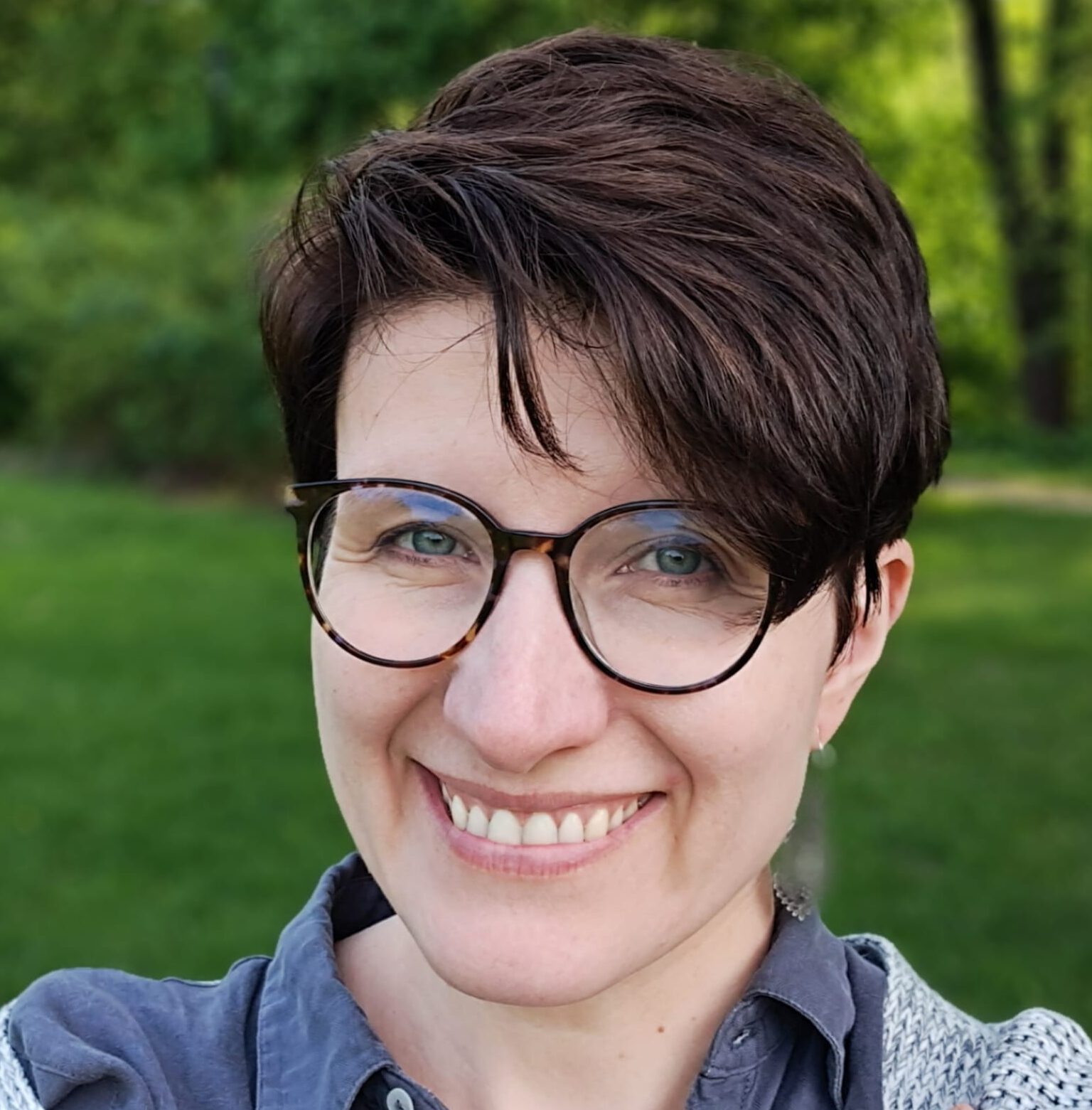
Kinga Bierwiaczonek
Researcher & Collaborator
As a social and cross-cultural psychologist, I am mainly interested in intergroup and intercultural relations. I conduct research on two primary themes: the psychological aspects of migration, acculturation, and cultural diversity, and the impact of conspiracy beliefs on individual behavior. I completed my double PhD from Vrije Universiteit Amsterdam, the Netherlands (2018), and ISCTE – University Institute of Lisbon, Portugal (2019). Currently, I work at the University of Oslo where I lead a large-scale project, funded by the Research Council of Norway, which provides a comprehensive perspective on immigrant well-being and social functioning using advanced meta-analytical techniques. I also have a keen interest in research methods, especially meta-analysis and longitudinal analysis.

Susanna Askheim
Master’s Student
In my master thesis, I explore impression management techniques and motherhood bias in a pre-interview setting. I am also interested in whether the use of impression management techniques will affect recruiters’ perceptions of the candidates’ fit to the organization and the job and how these affect selection outcomes.
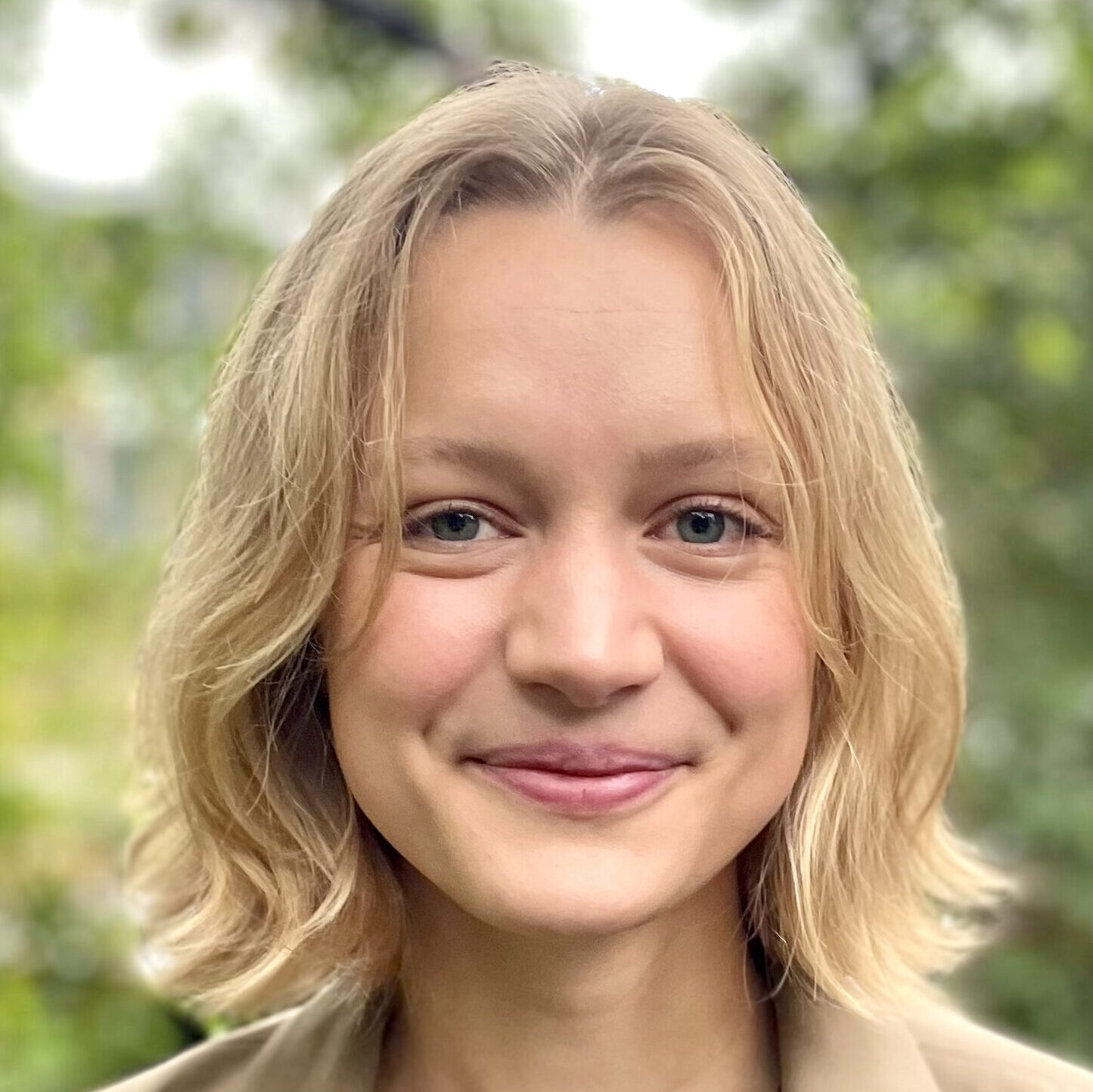
Vilde Lømo Lützow-Holm
Master’s Student
In my master thesis, I study how women and mothers are affected by recruiters’ stereotypes in the selection process. To do this, my thesis will focus on how perceived agency and communion will affect mothers‘ hiring probabilities and social capital perceptions. I will also look at how impression management techniques can be used to change the recruiters’ perception of the candidate.
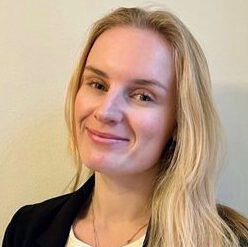
Thea Gravbråten Rooth
Master’s Student
My master’s thesis is a qualitative study which I write in collaboration with HI Entreprenører, one of Norway’s largest construction companies. My thesis is about effective and good leadership in the construction industry, and I study how leaders describe effectve and good leadership, how differences in leaders‘ descriptions can be explained and whether there are differences in descriptions in the contracting industry compared to other industries.

Øystein Fosser Martinsen
Master’s Student
In my master’s thesis I investigate what encourages and discourages employees to voice their opinions, ideas, and concerns to bring about improvement or change. I am interested in how leaders can create a psychological safe workplace, in which employees feel safe to take risks without the fear of being punished or humiliated, to boost employee voice. As the employees participating in my project are highly qualified immigrant trainees, I also study how cultural differences, such as power dynamics, impact voice behavior.“

Elena Hönisch
Master’s Student & Former Research Intern
In my research, I investigate the dynamics and work-related factors facilitating or impairing couples‘ coping after experiencing pregnancy loss. My master’s thesis delves into how these coping mechanisms are related to their profession and mental well-being, shedding light on vital aspects of both personal and work life.
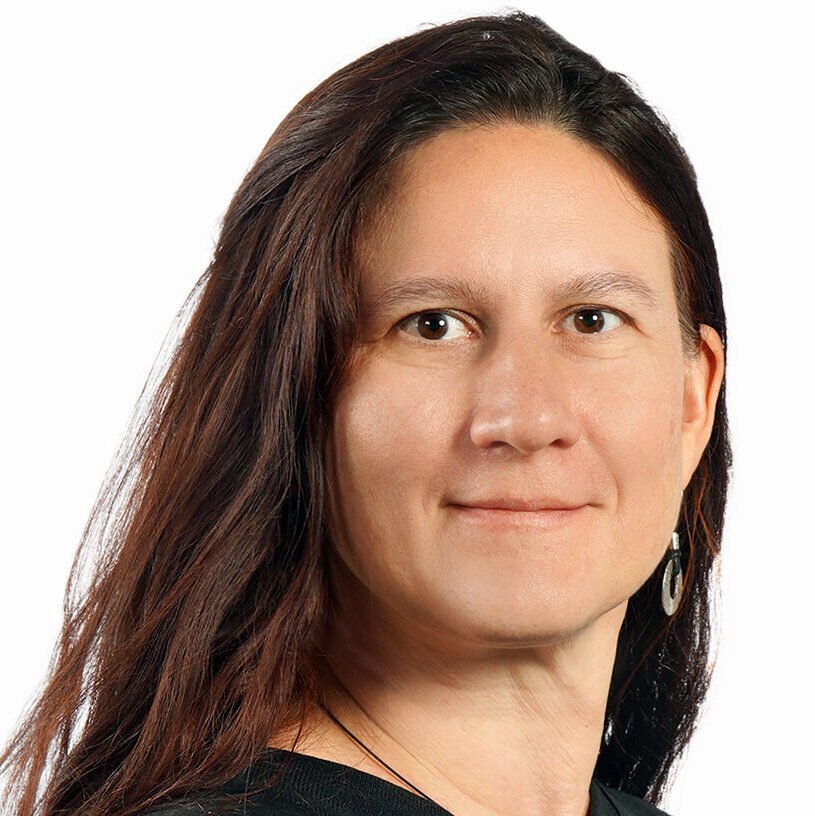
Petra Kryskiewicz
Research Intern
In my research associated with the Introspect Lab, I explore followers’ social support towards their leaders. Specifically, I am interested in which effect leader characteristics have for receiving support. In addition, I investigate to which extend the reasons given for asking for support influence the likelihood of being supported. Moreover, I am interested in how to (re-)energize employees and teams and in which way employers can support this process with change management measures.

Rosa Lachnit
Bachelor’s Student & Research Intern
My thematic focus is on boundary management and the mutual influence of work and private life. In my Bachelor’s thesis, I am investigating the influence of two interventions that aim to increase agency in boundary management on various work variables such as job satisfaction, work performance, and work engagement, and how important the type of „thinking about work“ could be for this.
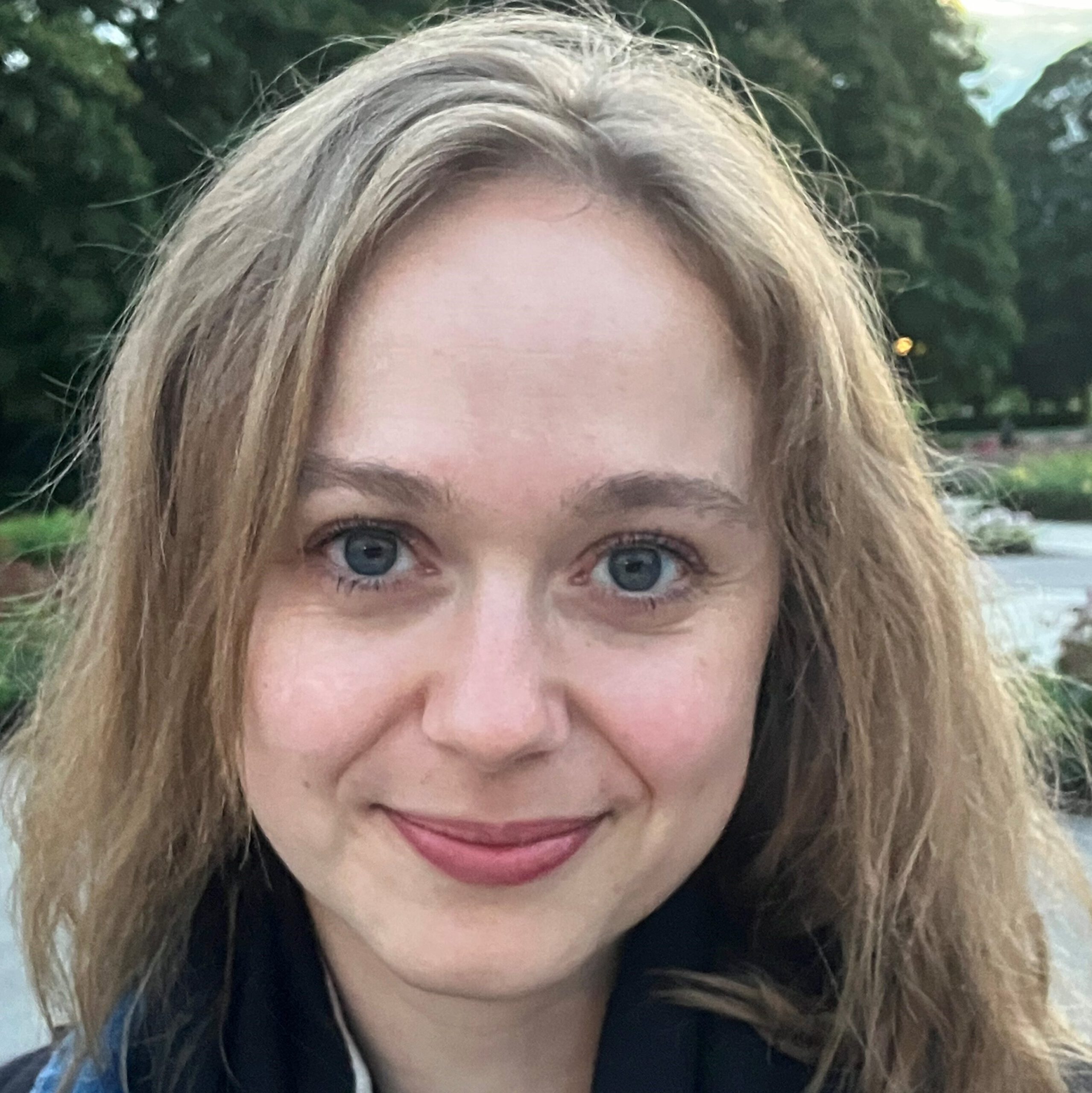
Dr. Svenja B. Frenzel
PostDoc & Former Visiting Researcher
In my research, I examine the mechanisms behind the social cure effect. Thus, I find answers to why social group memberships benefit our health. I am particularly interested in investigating the social cure effect in work teams (using a multilevel approach) and individuals with chronic diseases such as diabetes mellitus or chronic pain. Another aspect of my research focuses on the psychology of conspiracy theories. For instance, I examine what (political) leaders can do to mitigate conspiracy beliefs among their followership.

Nicolas Müller
Ph.D. Candidate & Former Visiting Researcher
In my research, I explore the work–nonwork interface and how
individuals manage the boundaries between work and nonwork life.
More specifically, I look at the antecedents and consequences of
individuals’ preferences and behaviors for integrating versus
segmenting work and nonwork roles. The research project I am
conducting in cooperation with the Introspect Lab team addresses
the mismatch between individuals’ preferences and behaviors and its
bidirectional relationship with the experience of guilt toward the family (i.e., the effect of the mismatch on guilt and vice versa).

Julian Fellner
Former Research Intern
During my research internship, I explore and compare the impacts of three specific types of social relationships, namely friendship, family and romantic relationships, on entrepreneurial teams. Understanding how these relationships contribute to startup forming, functioning and exit is crucial for effectively managing team dynamics and underlying social mechanisms.